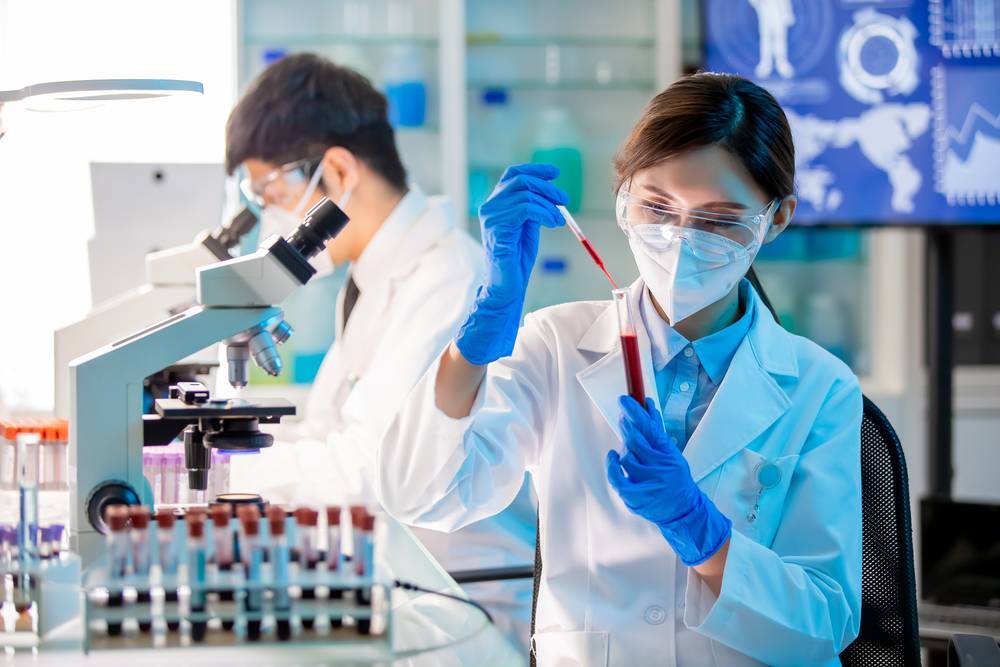Millions of people suffering from long Covid now possess scientific proof confirming the reality of their condition.
Scientists have identified clear differences in the blood of individuals with long COVID, a breakthrough highlighting the condition’s biological basis. This study, published in Nature, opens doors for developing diagnostic blood tests and bespoke treatments.
Key Findings
Researchers from the Icahn School of Medicine at Mount Sinai and Yale School of Medicine examined blood samples from about 270 people between January 2021 and June 2022. Based on distinctive features in the blood samples, the research teams successfully differentiated between people with and without long COVID with 96% accuracy.
Abnormal T Cell Activity and Cortisol Deficiency
One defining feature was the irregular activity of T cells in long COVID patients. Additionally, these patients exhibited significantly lower cortisol levels, a hormone vital for alertness, potentially explaining the pervasive fatigue reported by many.
Reactivation of Latent Viruses
The study shed light on the reactivation of dormant viruses such as Epstein-Barr in long COVID patients. This discovery raises questions regarding the role these viruses play in the manifestation of the condition’s diverse symptoms.
Towards Specialized Treatments
Despite the diversity in symptoms, identifying these biomarkers offers hope for developing targeted treatments. However, as Dr. Putrino stated, there is no “silver bullet”, given long COVID’s intricate interaction with the immune and hormonal systems.
The Reality of Long COVID in Asia
In Asia, the gravity of long COVID cannot be understated. Millions have endured its debilitating effects, grappling with a myriad of symptoms. They include brain fog, dizziness, and digestive issues, all whilst navigating an often misunderstood condition.
A Ray of Hope for Sufferers
For long Covid patients like Joshua Roman, a musician hindered by persistent trembling, these findings represent a beacon of hope. “It would be great if we could get to the thing causing me to shake in the first place, but we still don’t know exactly what that is,” he remarked.
Further Research Needed
While this study is a substantial stride forward, further research is crucial. Scientists are keen to explore whether the virus persists in hidden reservoirs in the body. This could potentially contribute to the long-term symptoms experienced by 1 in 13 U.S. adults, according to the CDC.
Implications for Asia’s Healthcare System
In Asia, where healthcare systems have been under unprecedented strain, the ability to diagnose and consequently treat long COVID could alleviate pressures considerably. The potential to understand and manage this condition more effectively can enhance patient care. Additionally, it could also contribute to the overall resilience of the region’s healthcare infrastructure.
A Catalyst for Change
This revelation acts as a catalyst for change in the medical field across Asia. By understanding the biological basis of long COVID, medical professionals can address the condition with informed, evidence-based approaches, potentially improving outcomes for millions of individuals.
Conclusion
The discovery of blood biomarkers for long COVID marks a pivotal moment in medical research, particularly for Asia. As the region grapples with the ongoing impact of the pandemic, this breakthrough offers a glimmer of hope for a future where long COVID can be effectively diagnosed and treated, ultimately enhancing the quality of life for countless individuals.

